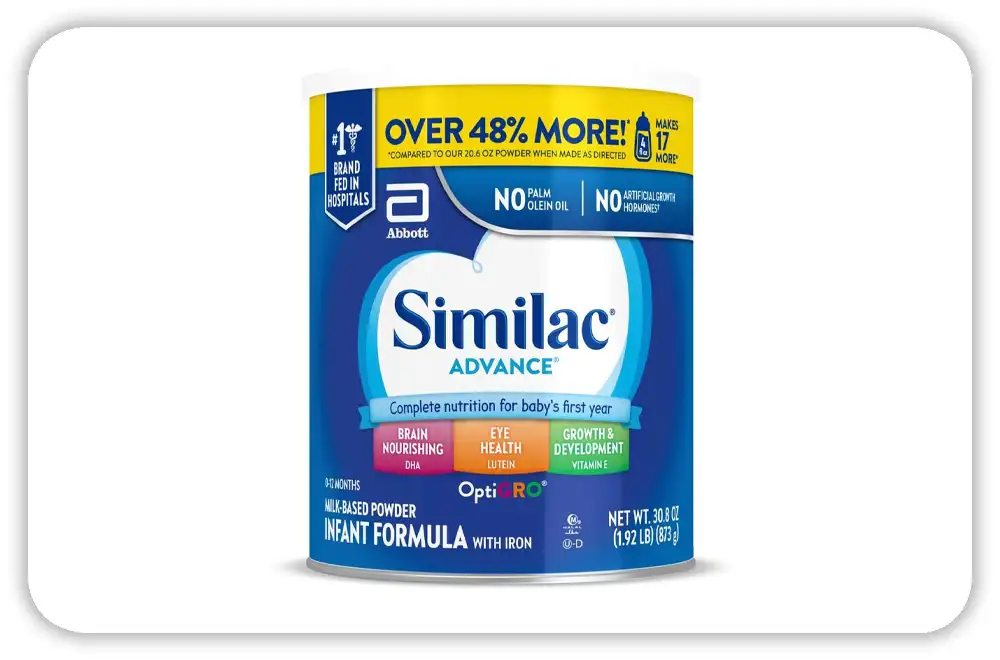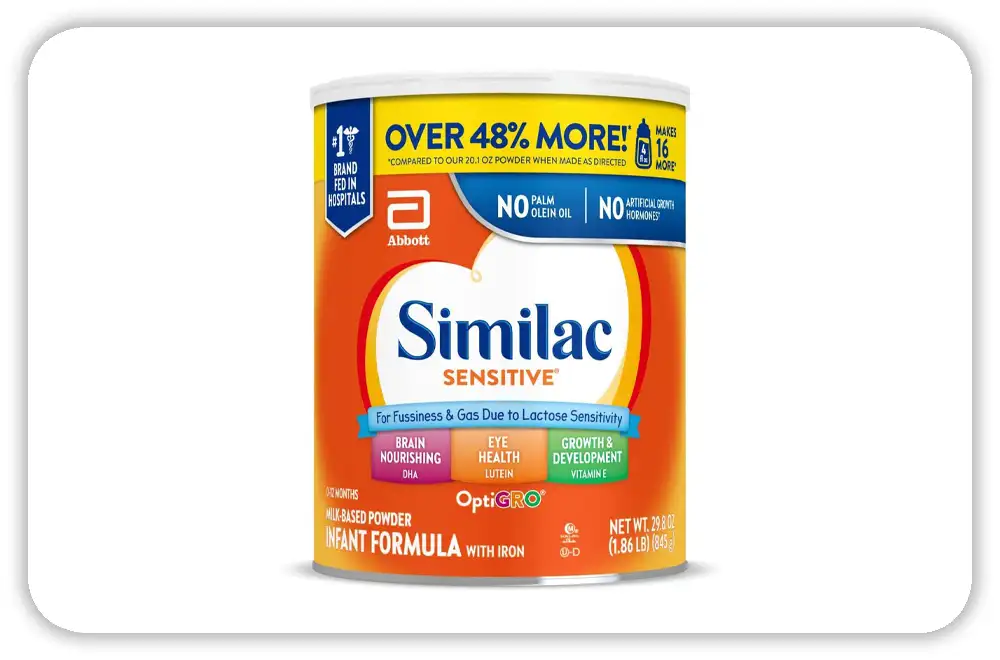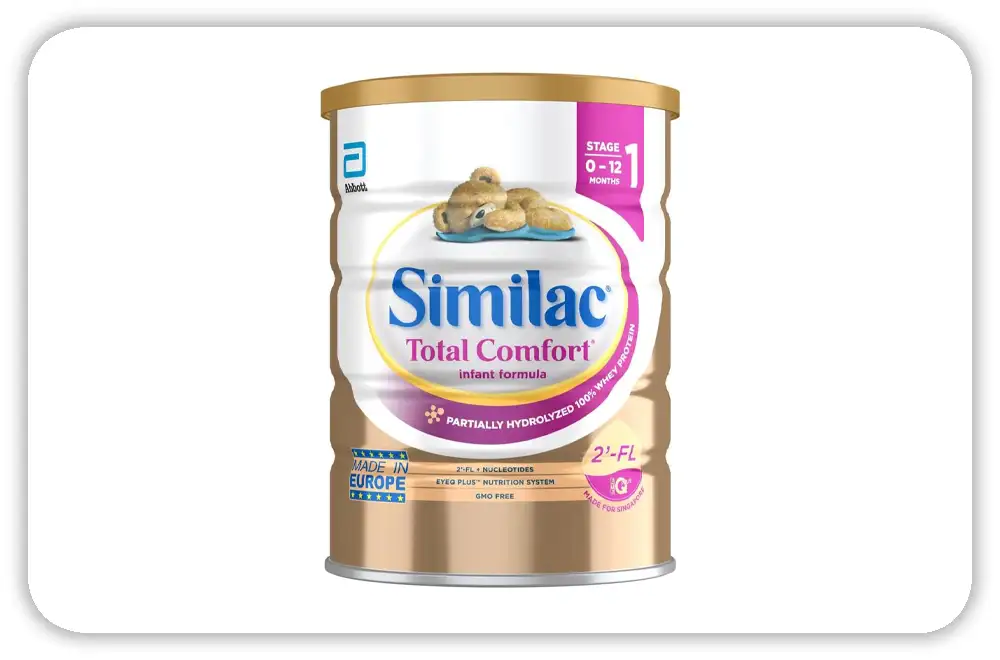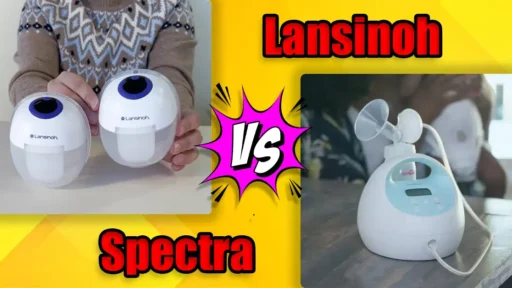When my first baby arrived, I kept asking myself: Is Similac really good for babies? After using it and talking to my pediatrician—and other parents—I can say yes. Similac gives babies balanced nutrition. It has DHA and iron to support healthy growth. Many U.S. hospitals use it, and it’s easy to find in stores. That made life easier for us. From what I’ve seen, it works well for most babies. Some might need a gentle or sensitive version. If you’re trying to choose what’s best for your baby, keep reading. I’ll share what I’ve learned along the way.
Understanding Infant Formula Basics: What Makes a Baby Formula “Good”?
When I first stood in the formula aisle, I felt overwhelmed by all the labels. But after talking with my pediatrician and doing some research, I found that a “good” baby formula—whether it’s Similac or another brand—comes down to three things:
- Nutritional Completeness: In the U.S., all infant formulas must meet FDA rules. That means Similac has the key nutrients babies need to grow—like protein, fats, carbs, vitamins, and minerals.
- Key Ingredients That Matter: Formulas like Similac Advance and Similac Sensitive often include DHA, lutein, and iron. DHA helps with brain growth. Lutein supports eye health. Iron helps prevent anemia—a real concern for many babies in the U.S.
- Allergy and Sensitivity Options: Some babies can’t handle lactose. Others may have trouble with proteins. That’s why options like Similac Sensitive are helpful. My baby did fine on Similac Advance, but my neighbor’s baby needed the Sensitive version to help with gas and fussiness.
Overview of Similac Formulas

Main Similac Formulas You’ll See in Stores
- Similac Advance – A go-to choice for many parents, with full nutrition for healthy growth.
- Similac Sensitive – Made for babies with gas or fussiness caused by lactose sensitivity.
- Similac Pro-Advance & Specialty Options – Includes Pro-Sensitive, Total Comfort, and Alimentum for needs like protein issues or colic.
Features That Most Similac Formulas Share
- No Artificial Growth Hormones: Similac was the first major U.S. brand to remove these. That gave me peace of mind.
- DHA & Lutein: These help with brain and eye development—especially key in those first few months.
- Kosher and Halal Certified: Great for families with special dietary needs.
- #1 Brand Used in U.S. Hospitals: This isn’t just hype. Many hospitals actually stock Similac. Mine did too, which helped me feel more confident using it at home.
Is Similac Good for Babies?
Nutritional Profile Breakdown
When I picked Similac for my first baby, it wasn’t just because it was easy to find. It was about what’s inside. Similac formulas like Advance and Sensitive include DHA, lutein, and vitamin E. These support brain and eye growth. They also have added iron, which helps prevent low iron levels—a common issue for U.S. babies.
One thing I really liked: Similac doesn’t use palm olein oil. Why is that important? Without it, babies may absorb calcium better. That means stronger bones—and in our case, softer stools too. I noticed this compared to other formulas we tried.
Real-World Considerations
Not every baby reacts the same way to formula. My first baby did great on Similac Advance. But my second had more gas and fussiness. That’s when we switched to Similac Sensitive—and it helped.
- Fussiness & Gas Relief: Similac Sensitive is made for babies who struggle with lactose—not a full milk allergy. For us, it reduced gas and made feeding times easier.
- Lactose Sensitivity vs. Milk Allergy: This is something to keep in mind. Lactose sensitivity means your baby can still handle milk proteins. But if your baby has a full milk allergy, your doctor may suggest a hypoallergenic formula like Similac Alimentum.
Safety Records and FDA Rules
All baby formulas sold in the U.S.—including Similac—must meet FDA safety and nutrition rules. That means they go through strict checks. This gave me peace of mind when feeding my baby.
What Pediatricians Say
When I wasn’t sure where to start, our pediatrician told us to try Similac Advance. It’s complete and works well for many healthy babies. Also, many hospitals in the U.S. use Similac for newborns. That told me it’s trusted by experts, not just parents like me.
My Personal Experience with Similac

When I switched from breastfeeding to formula, I was nervous. But Similac helped make that change easier. After using it with both of my kids, here’s what stood out:
What Worked Well for Us
- Easy to Mix and Easy to Find: Similac was always on the shelf at our local U.S. stores. That took a lot of stress off.
- Gentle on the Tummy: My first baby did great with Similac Advance. He gained weight well and didn’t spit up much.
- No Strange Smell or Taste Issues: My babies took to the taste right away. I know some formulas can be harder for babies to accept, but not this one.
What I Found Challenging
- Price: Similac isn’t the cheapest option. For families on a budget, store brands may seem more affordable. But for me, the trusted brand and quality were worth it.
- Not Perfect for Every Baby: My second baby had gas issues with Similac Advance. We switched to Similac Sensitive, which helped a lot.
My Advice for New Parents
If you’re wondering if Similac is good for babies, here’s what I’d say:
- Try Similac Advance first—unless your baby shows signs of fussiness or gas.
- Watch how your baby reacts in the first few days.
- Don’t worry if you need to switch to Sensitive or Pro-Advance.
- Talk to your pediatrician if you see signs of allergies or trouble feeding.
Alternatives to Similac
Similac isn’t the only good choice out there. Some parents I know prefer:
- Enfamil – Also trusted by U.S. hospitals. It has similar nutrition and offers gentle options.
- Gerber Good Start – Known for easy-to-digest proteins. A good pick for babies with tummy troubles.
When to Try Something Else
- If your baby doesn’t do well with Similac, even the Sensitive types.
- If cost is a big concern—many store-brand formulas meet the same FDA rules.
- If your pediatrician recommends a different or specialty formula.
Conclusion

So, is Similac good for babies?
Based on my experience—and what I’ve seen from other U.S. parents—it really is. It offers complete nutrition, meets safety rules, and has different versions for different baby needs.
But no formula works for every baby. Trust your gut as a parent. And always talk to your pediatrician if you’re unsure.
Have you used Similac with your little one? I’d love to hear your story or help answer any questions—feel free to share in the comments!
FAQs: Is Similac Good for Babies
Yes, Similac is good for babies. It provides complete nutrition, supports brain and eye development, and meets U.S. FDA safety standards.
Similac is widely used for newborns in U.S. hospitals. It follows strict FDA rules for infant formula safety and nutritional content.
Some babies may get gas with regular Similac. That’s why there are options like Similac Sensitive, made for fussiness due to lactose sensitivity.
Similac formulas contain DHA, lutein, and no palm olein oil, which helps with calcium absorption. It was also the first major U.S. brand to remove growth hormones.
Yes, Similac Sensitive is designed for babies with lactose sensitivity. Always check with your pediatrician if you suspect a milk allergy.







